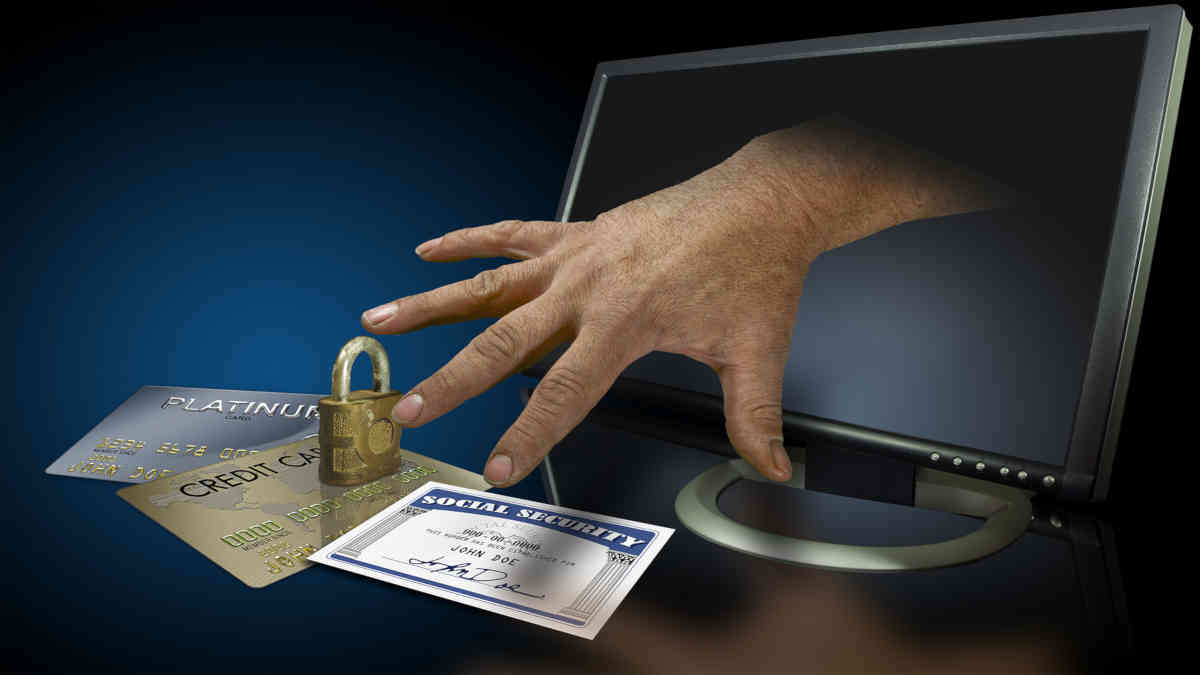Do you remember the days when everyone had a beeper and you had to find a landline to return phone calls? Well, it was not very long ago that the internet did not exist which means the only password we really needed to know were our number locker combinations and maybe the special password to get into the clubhouse. Unfortunately, passwords are a huge part of our lives today. We use a password for banking, email, shopping and more. If our passwords are compromised, it will not only be a pain to change them all for every account, but it can also create huge problems such as identity theft and massive data loss.
Strong passwords are one of the most important keys to your security. The challenge is to create strong passwords that you can actually remember without falling into the bad habit of using the same password for multiple accounts. ~ Brett Bauman, CEO of Planetguide.com
Think about it…How many passwords do you have? You probably have more than 100 passwords that you use for simple things like Pandora and Facebook to the important ones like Banking and Credit Cards. There are lots of different ways to create great passwords that you can also remember.
Check Planetguide’s Tips for Protecting Passwords:
- Go Old- School – ‘Write It Down’ – Now, we know that it may seem archaic to even consider writing the passwords on a sheet of paper or in a password journal, but it is a pretty safe solution. Hackers will not be able to hack the sheet of paper.
- Password Managers – Many people like to use a password manager. A good password manager can help you keep track of all of your login information. But, and this a big but, hackers are always trying to hack password managers because they are a treasure trove of passwords. If you decide to use one of these managers, do you research to make sure they are doing everything to keep your information protected.
- Monitor Your Passwords – If you monitor your credit, you should monitor your passwords. Even if you do everything you should to keep your passwords safe, they can still be breached. Check out Google’s Password Checkup (HERE) or Firefox Monitor (HERE). These are two great options that can show you which of your emails and passwords have been compromised.
- Avoid Guessable Words – Obviously, you should never use your name or ‘password’ as your password. Also, do not use nicknames, pets, birthdays, children, etc. You may ask “Why Not” and the answer is simple, all of that information can be found on the internet even if you do not have social media accounts. If you don’t believe me, google your name and use whitepages.com or other similar sites.
- Old Passwords – Never go back to an old password. After it has been used, it is just no good anymore.
- Long Passwords – Consider a password that is a phrase. For Example: “IHATEpasswords!-Don’tYou?” or “@GeauxMARDIgras2019!” These long phrases are harder for computer programs to hack and yet you can still remember them.
- Two – Factor Authentication – This is kind of like having your castle protected by a wall and a moat. Two-Factor Authentication is a security safeguard that requires you have a password and a secondary piece of information that only you have. This can be a text message to your phone, but the best way is to use an authentication app like Google Authenticator or Microsoft Authenticator.
- New Password – We do not recommend changing your passwords every month or even every three months. It is not a bad thing, but we find that people will not take the time to create unique passwords if they have to do it too often. Consider changing the passwords yearly, kind of like a spring cleaning or a New Year’s Resolution.
- Passwords Saved To Your Computer – A favorite file hackers love is the document titled Passwords on your computer that they just hacked in to. Don’t Do It! Do not have documents on your computer labeled passwords or important documents. This is easily searchable by a hacker who has hacked into your computer. If you want to have a document on your computer with this information (we prefer if you don’t), use a different title like SpongeBob or something equally as boring to a hacker.
- Automatic Login – It is not the end of the world to have automatically saved passwords to your home computer. We know that it is quicker and you computer makes it so easy to do. But, do not have automatic login on any outside computer. Hackers can get in and well as anyone else who may have access to the computer. If you login on a computer that is not your own, make sure to clear all passwords out and even clear the cache.
